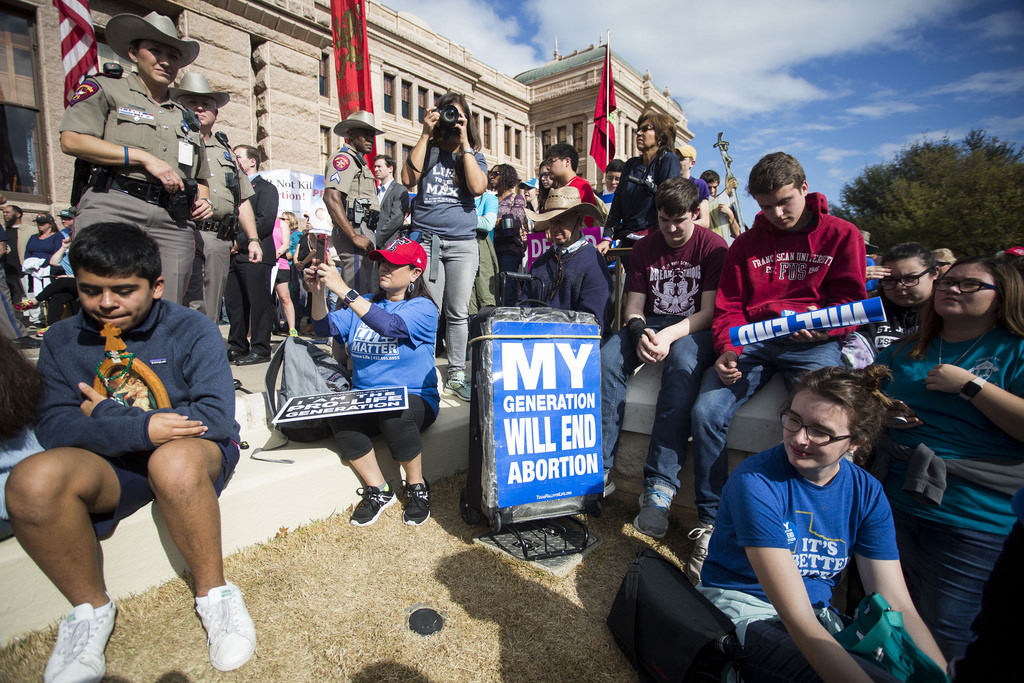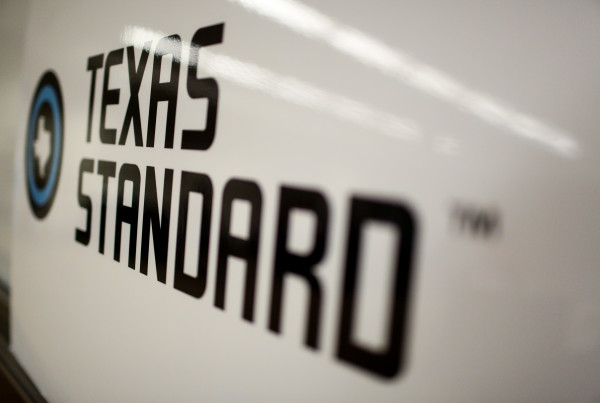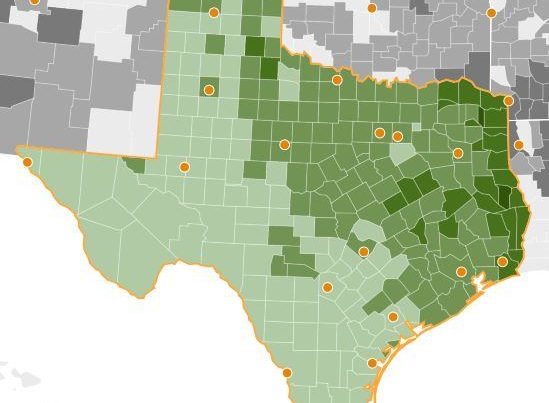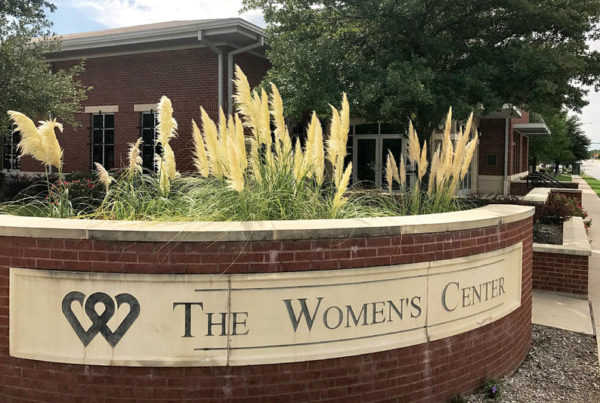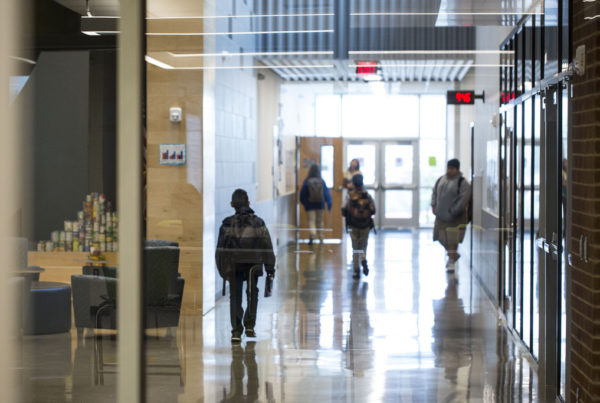A federal judge in Austin issued a permanent injunction Wednesday on the so-called fetal-burial law that was passed by the Texas legislature in 2017. Had the law gone into effect, it would have required the burial of fetal remains for all miscarriages and abortions. U.S. District Court Judge David A. Ezra said that would create a “near catastrophic failure of the health care system designed to serve women of childbearing age within the State of Texas.”
Abigail Aiken, an assistant professor and fellow of the Richter Chair in Global Health Policy at the University of Texas at Austin’s LBJ School of Public Affairs, says the fetal-burial law began in 2016 as a rule that worked its way through the Health and Human Services Commission. The rule proposed that fetal remains be given burials rather than be disposed of as medical waste. Aiken says the state’s approach then was that it was protecting public health, which she says wasn’t successful. In this recent case, the state took a different tack.
“On the second try, the state is now casting this as a state’s legitimate interest in protecting the dignity of human life,” Aiken says.
But Aiken says the state didn’t have a plan for implementing the policy, and the judge considered that in his decision.
“Who’s going to bear those costs? Who’s going to actually do the burial and cremation? Is it actually going to impact on women’s ability to access abortion or clinics’ ability to provide abortion?” Aiken says.
She also says the state failed to show that the law wouldn’t create an undue burden on women seeking abortions. That consideration comes out of the ruling in a 2016 Supreme Court case, Whole Woman’s Health v. Hellerstedt, which “defined the undue burden standard,” Aiken says. It also made it more difficult for states to restrict abortion under false claims that the law intends to protect women’s health. That’s why she says Texas is moving forward with its “legitimate interest” argument.
“Here, Texas is going for a legitimate interest in protecting the dignity of human life, and how that will play out at the Supreme Court, or at the district-court level, really remains to be seen,” Aiken says.
Now, Texas has a chance to challenge the judge’s ruling at the Fifth Circuit Court of Appeals in New Orleans, and Aiken says it’s possible the case could make it to the Supreme Court. If Brett Kavanaugh is confirmed as a justice on the court – and if the case makes it that far – she says he could make a difference in how the case is decided.
Written by Caroline Covington.


